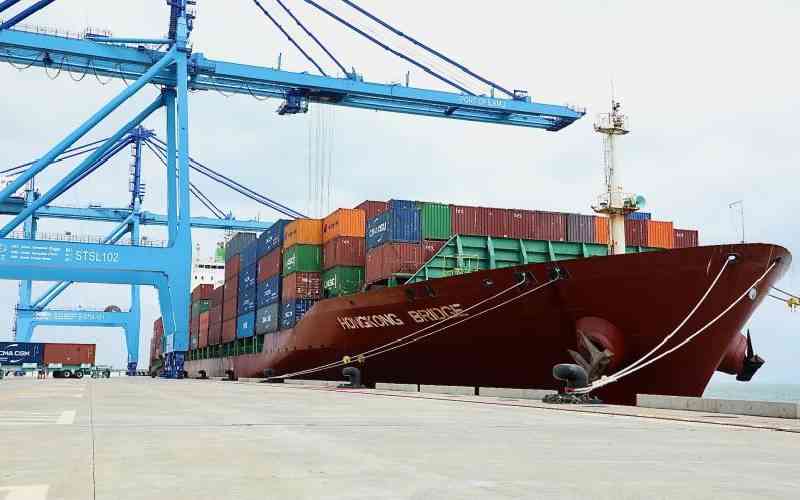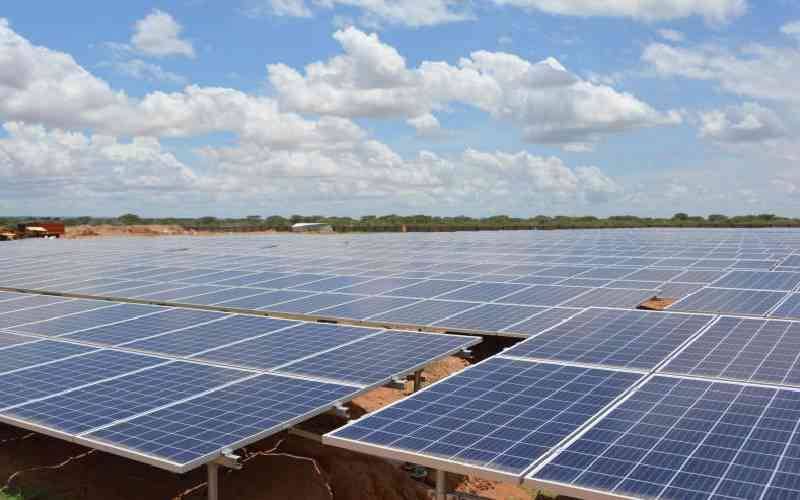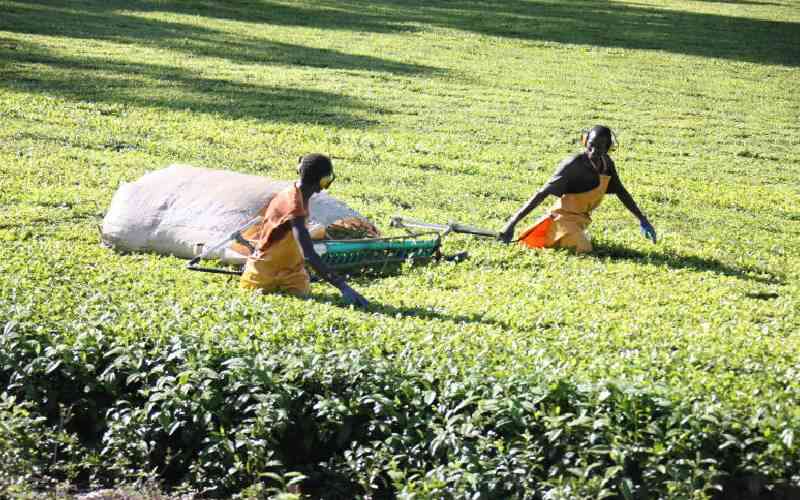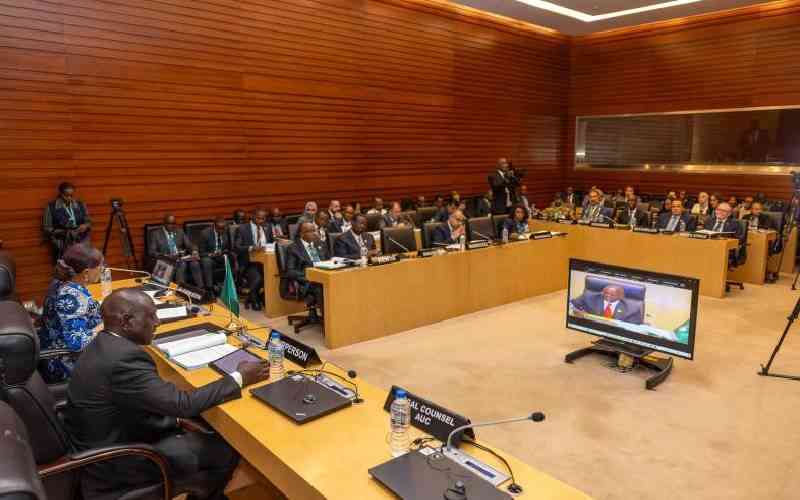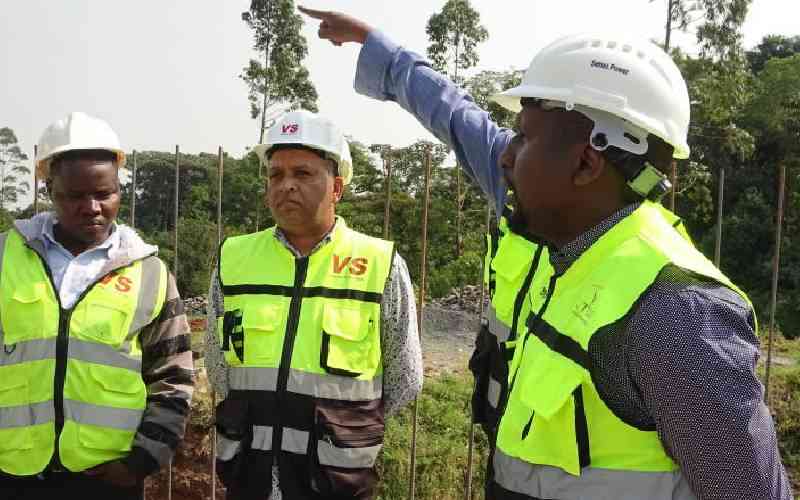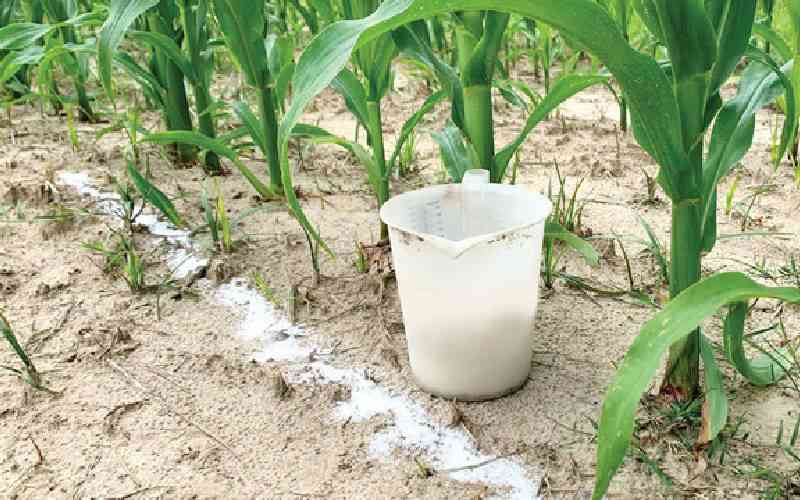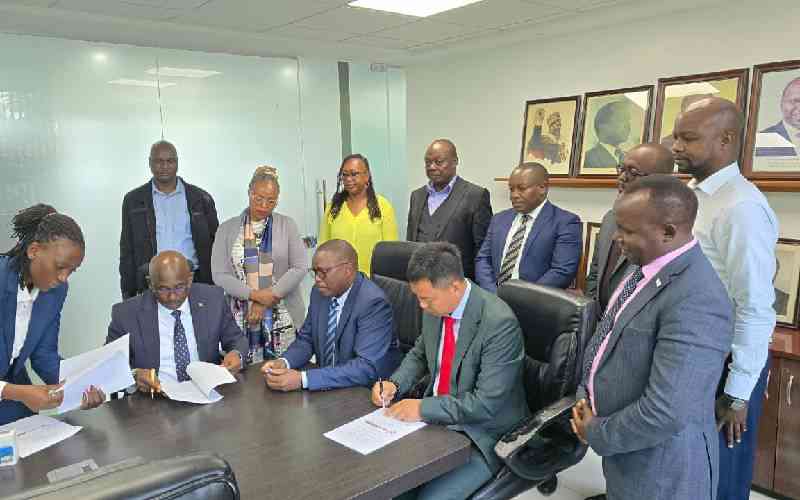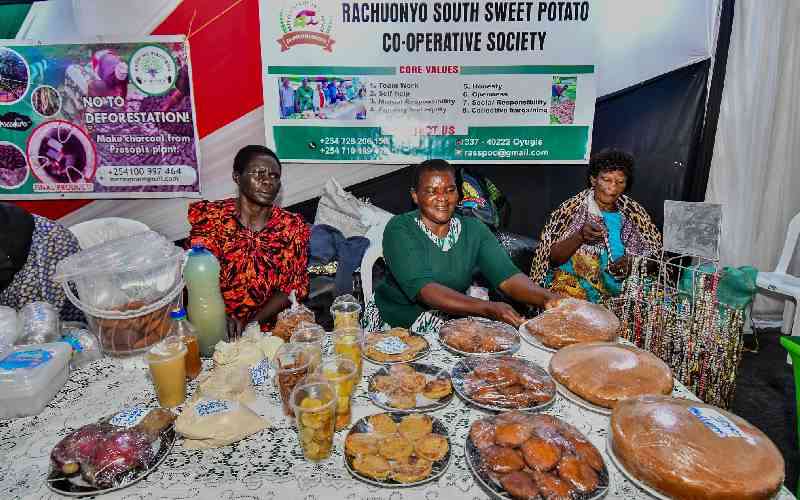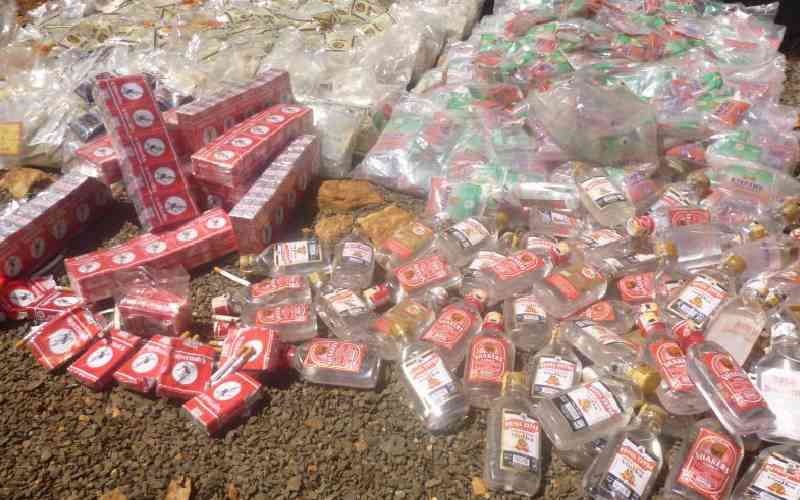
Counterfeit alcohol and cigarettes impounded by police officers in Vihiga County during a crackdown on shops and bars dealing in second-generation alcohol on July 6, 2015. [File, Standard]
Recent data released by the Kenya Revenue Authority (KRA) on revenue performance for the financial year 2024/2025 provides important insight into the complex challenges facing government efforts to raise and collect revenue to fund the fiscus. While the aggregate numbers indicate a growth of 6.8 per cent with total collections exceeding Sh2.5 trillion, a deeper examination reveals certain concerning undercurrents.
Domestic excise tax from the beer and tobacco sectors plummeted by 13.9 per cent and 8.9 per cent respectively. This is not a statistical blip. It is a red alert that illicit trade is spiralling out of control—hollowing out legitimate industry, undermining tax compliance, and draining the public purse. In simpler terms: We are hemorrhaging revenue while criminals flourish.
In Kenya, illicit trade in tax-evaded cigarettes and alcoholic beverages, drains government coffers and undermines legitimate industry revenues, impacting the livelihoods of thousands of Kenyans in these value chains.
A study undertaken in 2024 by research company Kantar, indicates that more than one in three cigarettes sold in Kenya evades taxes, resulting in an estimated loss of over Sh9 billion annually. Similarly, the African Development Bank’s 2025 Country Focus Report estimates that Kenya loses Sh200 billion every year through illicit financial flows. These are not minor leaks but wide breaches that erode the tax base, potentially fund criminal cartels and distort the market.
The Kenya Association of Manufacturers (KAM) estimates that combating illicit trade could shrink the projected fiscal deficit of Sh876 billion for 2025/26 down to Sh50 billion. This would significantly stabilise the nation’s fiscal position. Let’s be clear: Legitimate businesses are being asked to compete with criminal networks that pay no taxes, operate with impunity, and offer products that are unregulated—and often do not meet the appropriate product standards. This is not just bad economics, it’s market distortion. And it is killing off our formal sector. We cannot keep taxing legal businesses into a corner while illegal players run riot. Furthermore, the government will be faced with declining formal tax collections, as KRA’s own data unmistakably confirms.
In the same breath, taxation regimes that are unpredictable and not based on robust evidence and stakeholder consultation, result in unintended consequences, such as illicit trade. Kenya’s excise tax rates on alcoholic beverages and tobacco rank among the highest in the region, a well-documented fact by the African Economic Research Consortium on Reforming Excise Taxation on Tobacco Products in Kenya led by the former Cabinet Secretary for National Treasury & Economic Planning Njuguna Ndung’u. The research showed that beyond a certain threshold, increasing taxes yields diminishing returns. Consumers respond by shifting to cheaper illicit alternatives. The taxable market contracts, rather than expanding revenue as intended.
It’s time for a bold, honest reset. Firstly, an uncompromising national crackdown on illicit trade, including tax-evaded and counterfeit products, is critical. Speaking to this, the ongoing government efforts to rid the market of illegal products, addressing product standards, creating order and ensuring effective regulation, are commendable. Of utmost importance as this progresses, is to ensure that smugglers are not just intercepted—they must be prosecuted and dismantled. That means more border intelligence, more multi-agency task forces, and harsher penalties for illicit players. Every smuggled product not stopped is a direct theft from Kenya’s future.
Secondly, a reform in excise tax policy is needed urgently—before it’s too late. We need evidence-based, predictable and progressive taxation designed to maximise compliance to an equilibrium that protects legal trade. The government should endeavour to consult meaningfully with industry to strike a fair balance between revenue needs and economic sustainability.
Lastly, protect and promote Kenya’s formal manufacturing sector. These are the businesses creating jobs, paying billions in taxes, and anchoring our economic resilience. If we want to attract investment and grow exports, we must show that Kenya is a country that values and safeguards legal enterprise.
It is notable that the KRA has made strides through technology adoption, including the Electronic Tax Invoice Management System and Artificial Intelligence, to intercept smuggled goods. While this is encouraging, the government must prioritise punitive and sustained enforcement on illicit players to stem the alarming growth of illicit trade in Kenya.
Illicit trade is not just an economic nuisance—it is economic sabotage. It robs Kenyans of critical infrastructure and services, dignified work and economic opportunity. If we are serious about development, then we must be serious about stamping out illicit trade. The cost is simply too high.
It is time for a transformative course correction. I believe that a whole of society approach is needed to achieve economic growth and prosperity for Kenyans. With the authorities taking an informed and multi-stakeholder approach, we can close revenue leakages through regulatory enforcement and tax compliance, and recoup much needed government revenue to drive socio-economic development for all.
Let’s stop the bleeding. Let’s protect what’s legal. And let’s do the hard, necessary work of safeguarding Kenya’s economic future.
The writer is the BAT Kenya’s Managing Director
Stay informed. Subscribe to our newsletter
